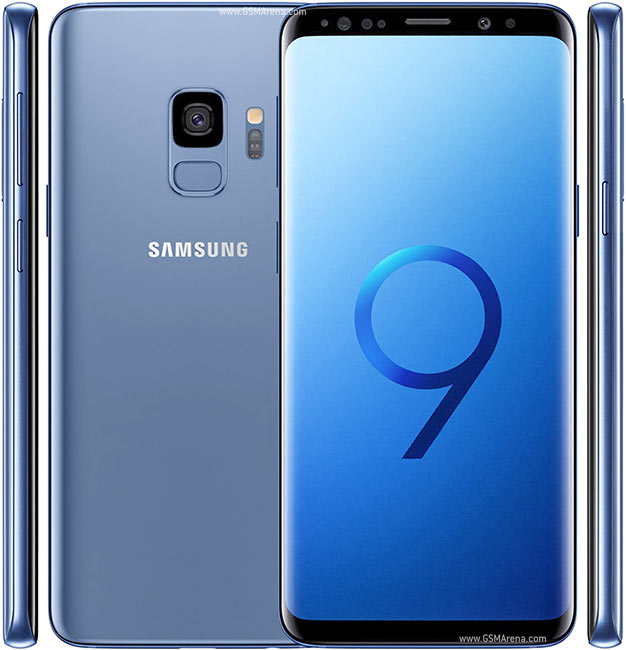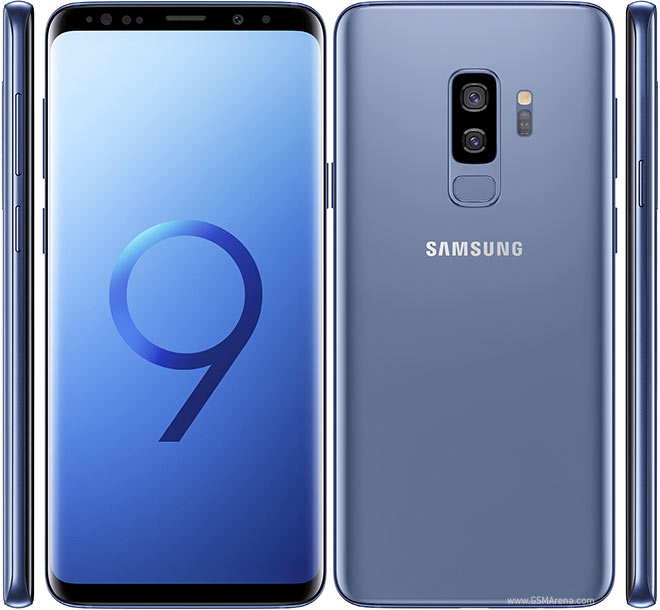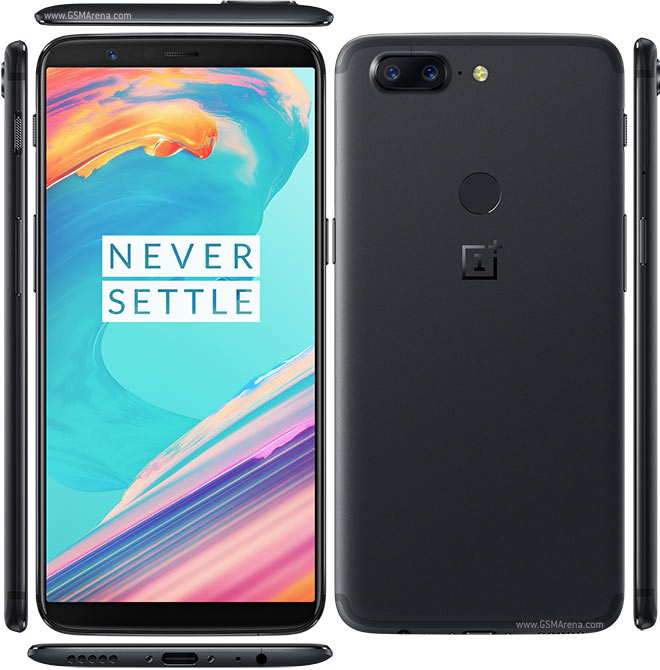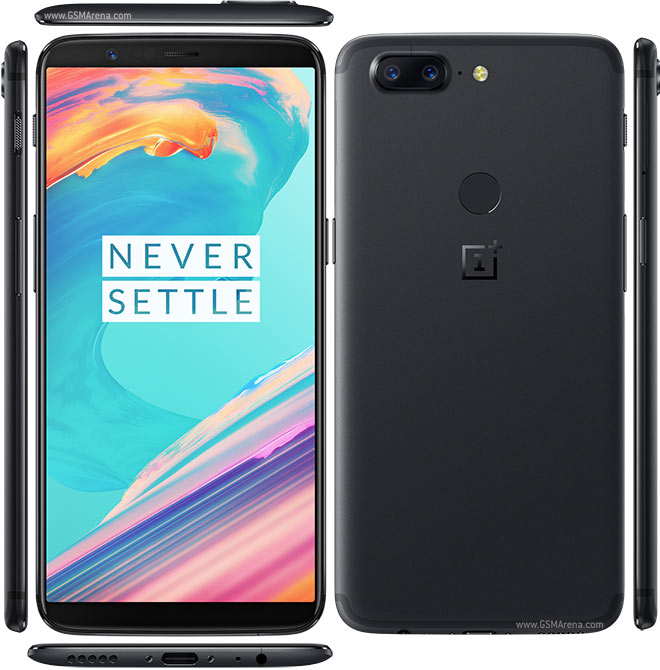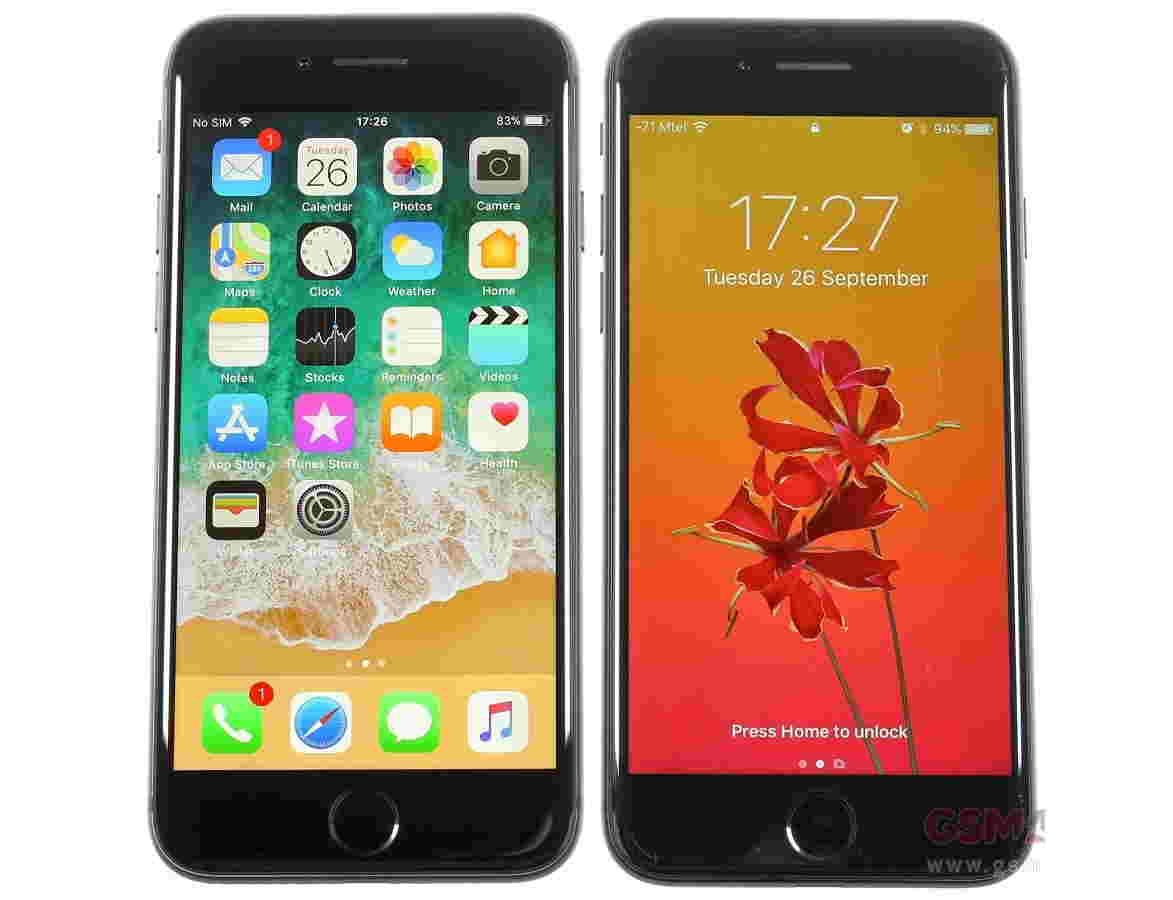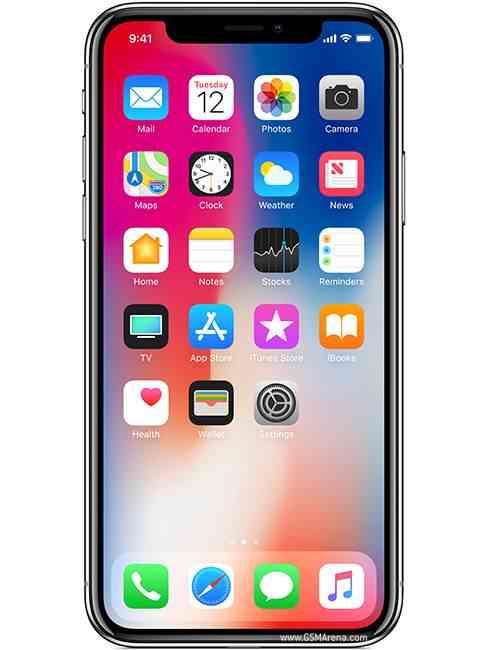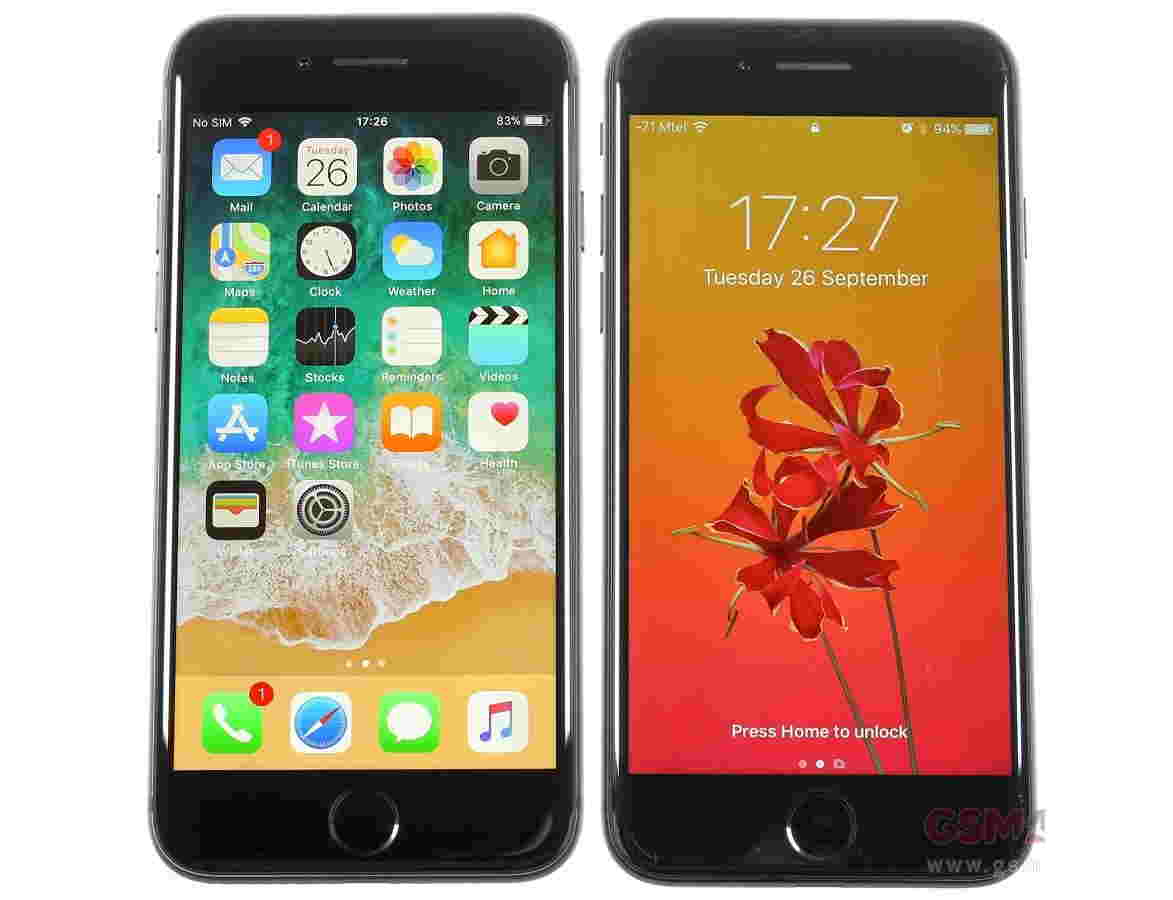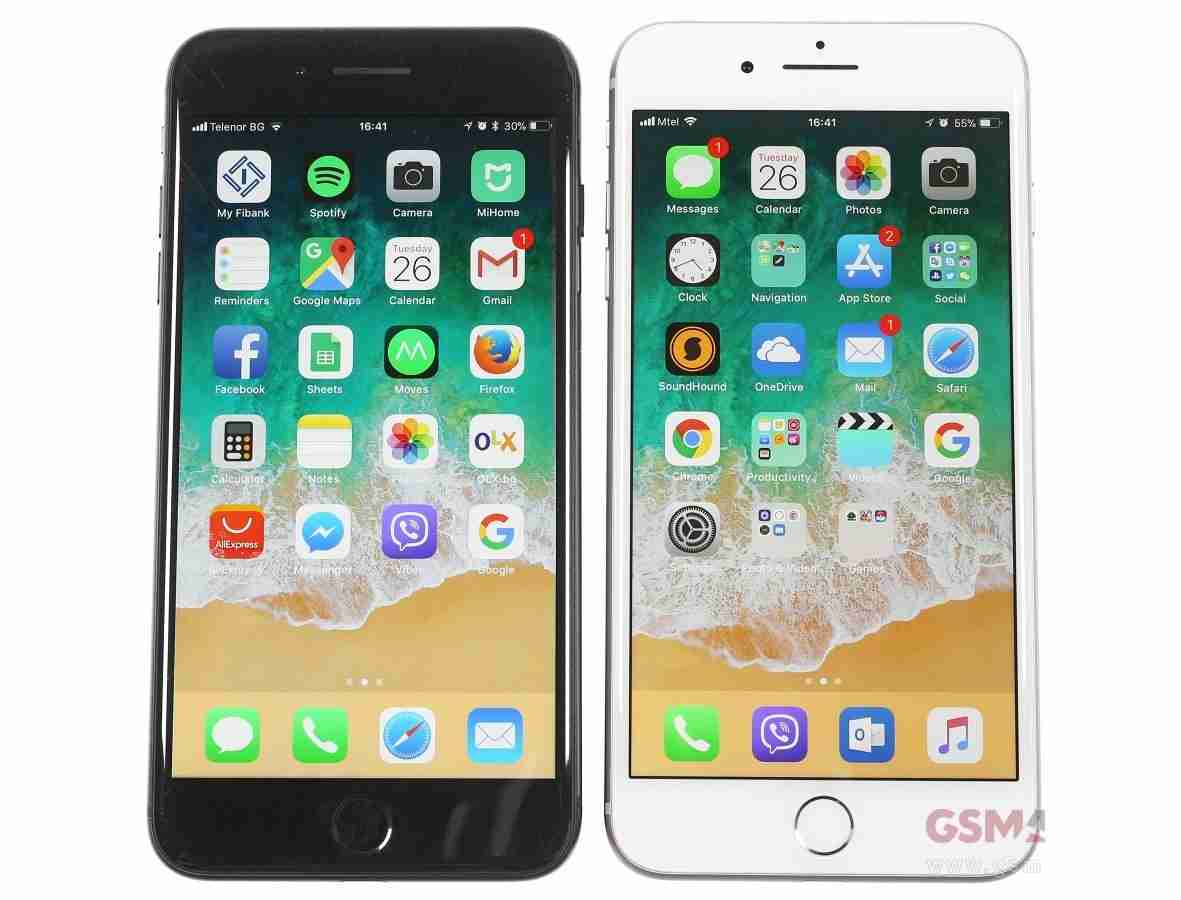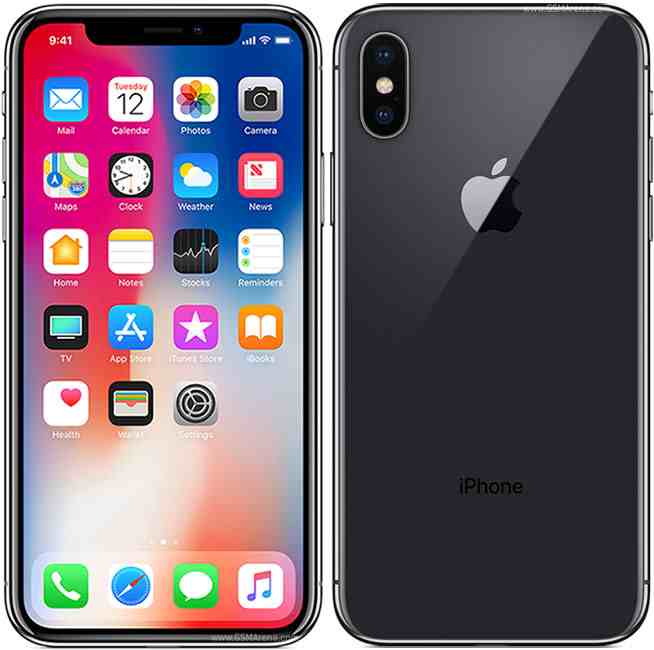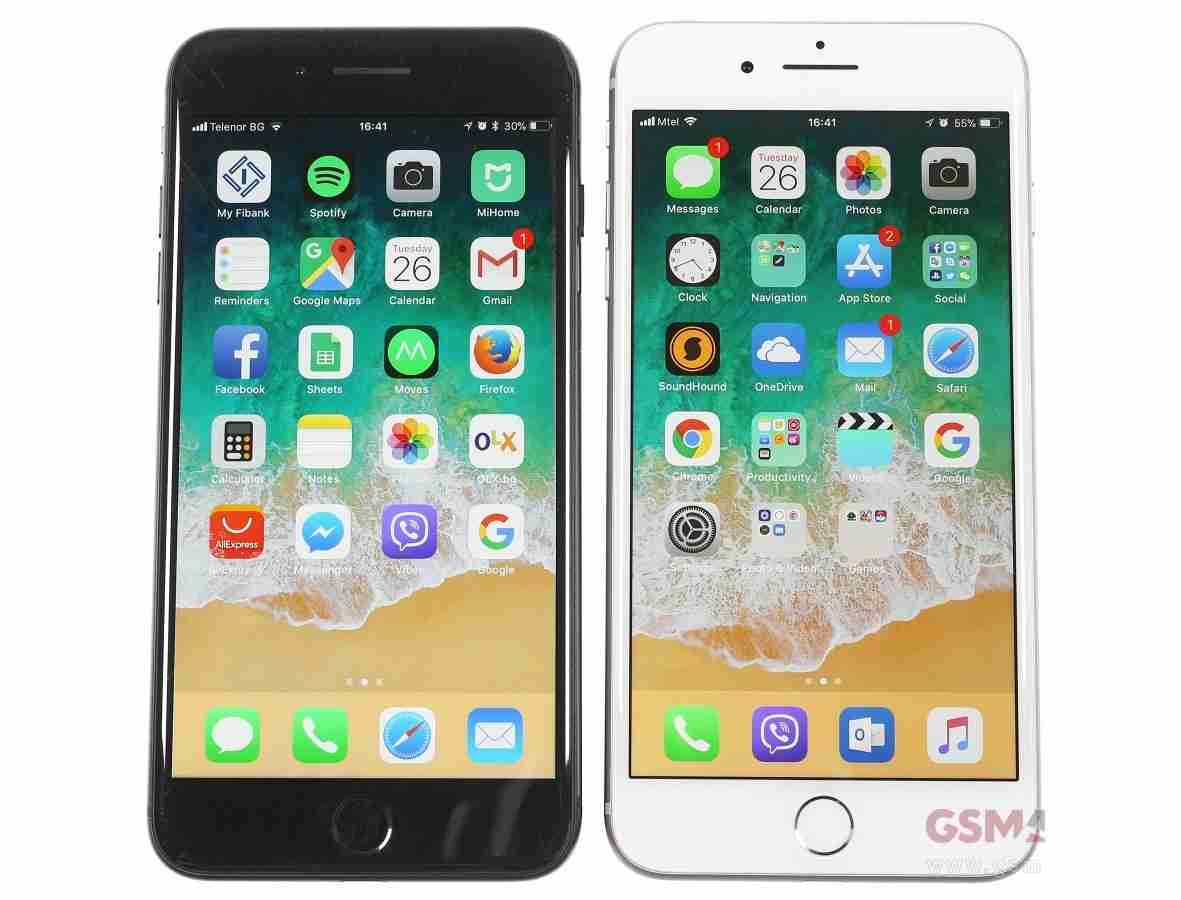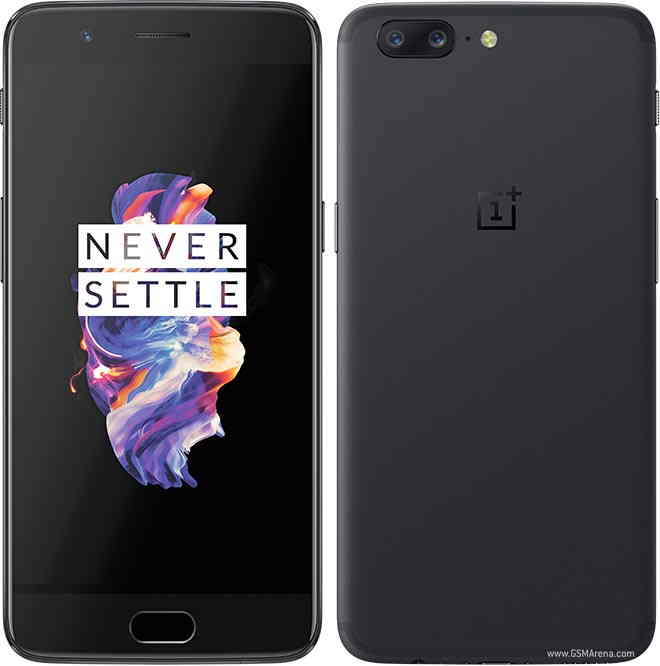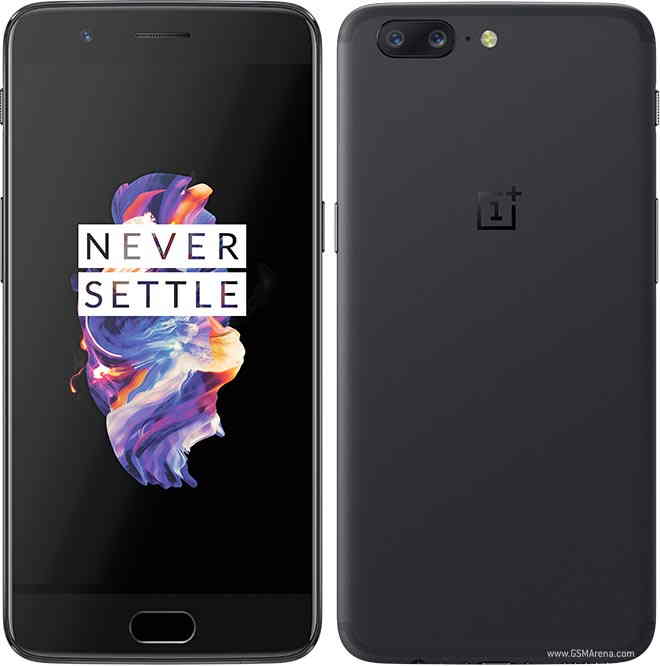
Samsung has now officially Unpacked its Galaxy S9 and Galaxy S9+ flagships at MWC 2018 in Barcelona, Spain.
The whole rumour train turned out once again to be more or less spot on, but that's no bad thing as the overall package seems rather compelling. On the outside, very little has changed, but Samsung has packed in a couple of brand new processors (region dependent which one you get) and majorly upped the camera tech housed in the back panel.
In that sense, there are a lot of parallel between the Galaxy S9 series and Apple's already 5-month old iPhone X - they're both essentially major CPU and camera boosts. OK, so the iPhone X was also a major design overhaul for Apple and saw it drop an edge-to-edge OLED display into its product for the first time ever; but to Samsung, that is old news (other than the way in which Apple uses Samsung's OLED screens impacts its balance sheet!)
But how do the two compare in a direct spec-to-spec shootout? Let us take a look...
iPhone X vs Samsung Galaxy S9: Specs
iPhone X Specs
- Display: 5.8in display with a 1125 x 2436-pixel resolution at 463ppi, 3D Touch enabled
- Storage: 64GB or 256GB
- Memory: 3GB RAM
- Processors: A11 bionic
- Front camera: 7MP
- Rear camera: 12MP dual-sensor
- Battery: 2,716 mAh
- Biometrics: Face ID
Samsung Galaxy S9/S9+ Specs
- Display: 5.8in or 6.2in display with a 1440 x 2960-pixel resolution at 549ppi
- Storage: 64GB/128GB, microSD up to 256GB
- Memory: 4GB RAM (Galaxy S9 Only)/6 GB RAM (Galaxy S9+ Only)
- Processors: Samsung Exynos 9 Octa 9810 (International), Qualcomm Snapdragon 845 (US, Canada & China)
- Front camera: 8MP
- Rear camera: 12MP - Galaxy S9+ has 12MP dual-sensor
- Battery life: 3,000 mAh (Galaxy S9)/ 3,500mAh (Galaxy S9+)
- Biometrics: rear-mounted fingerprint scanner, front-facing iris scanner
The Galaxy S9 series has quite an appealing array of storage options; the base model is 64GB, the same as the iPhone X. However, if you want more, the iPhone X jumps up to the 256GB model, which costs quite a bit. Meanwhile, the Galaxy S9 series has microSD support for 256GB on cards, plus there's a 128GB upper-tier storage model if you want more built-in. There is, in fact, also a 256GB model Galaxy S9, but it is only available in a few select markets and not widely distributed.
The Galaxy S9 also trounces the iPhone X when it comes to RAM, with 4GB in the standard model compared to the iPhone X’s 3GB setup. Opt for the Galaxy S9+, however, and you get a stonking 6GB of RAM.
As for processors, the raw specs don’t tell an easy story. The iPhone gets that INSANELY powerful A11 bionic chip, while the Galaxy S9 gets Samsung’s own Exynos 9810 octa-core SoC in most regions, however, buyers in the US, Canada, or China, will be using Qualcomm's Snapdragon 845. Of course, as Apple knows, raw specs don’t solely make a fast phone. It also depends how the software can utilize the RAM and processors. So we’re very interested in seeing real-world benchmark tests between the two devices.
iPhone X vs Samsung Galaxy S9: Design & Display
The Galaxy S9 and iPhone X have 5.8in displays (the Galaxy S9+ has a 6.2in display) and both are OLED and made by Samsung. Samsung's own phones use Super AMOLED, however.
So which is better? Technically, the Galaxy S9 has a higher resolution. Just by the raw specs, the Galaxy S9 does have the edge over the iPhone X, and if the firm's previous flagship Super AMOLED offerings are any measure this one will probably trounce the iPhone X.
Admittedly, the Galaxy S9 doesn’t have any kind of pressure-sensitive 3D Touch display like the iPhone X does, but this is hardly a feature many people rave over.
As for design, both are edge-to-edge displays with glass bodies, and feature waterproofing. However, the iPhone X features a stainless steel frame whereas the Galaxy S9 has an aluminum one.
iPhone X vs Samsung Galaxy S9: Biometrics and Battery
You can’t talk about smartphones in 2018 without talking about biometrics. On the iPhone X you’ve got FaceID–and no fingerprint sensor. Now, Face ID works REALLY well using an advanced 3D scanner, but some people just love the fingerprint sensor. If that’s you, you’ll be more interested in the Galaxy S9, which still has a fingerprint sensor on the rear of the phone, plus Samsung has moved it to a more sensible central position beneath the camera sensor. The Galaxy S9 also has an iris scanner and face scanner, which work together for something called Intelligent Scan which combines the biometric data of both for enhanced security over each method alone – but as the scanners involved are 2D, not 3D like the iPhone X, don’t expect that to work as well as Apple’s Face ID.
When we get to the battery, the Galaxy S9’s 3,000 mAh battery isn’t much better than the iPhone’s 2,716 mAh pack. However—just as with RAM and processors—how long a phone’s battery lasts has as much to do with the size of the pack as it does with how well the software works to conserve power. For now, we can’t accurately judge how each battery life compares in real-world usage. That said, the Galaxy S9+ does have a bigger 3,500mAh pack which will probably outperform both the regular Galaxy S9 and the iPhone X.
iPhone X vs Samsung Galaxy S9: Cameras
The Galaxy S9 wins on the selfie camera front. It’s got the bigger sensor at 8MP and with a wider aperture, plus autofocus - still a rarity on front-facing cameras despite its huge advantages to selfie quality. Against that, the iPhone X has a more basic 7MP sensor.
The iPhone X has both a wide angle and telephoto lens with optical zoom in a dual-sensor setup which is incredibly capable. However, Samsung has two different setups on the different Galaxy S9 models. Both the Galaxy S9 and Galaxy S9+ feature a world first for camera phones with a variable aperture; meaning the user can select between f/1.5 and f/2.4 apertures at any time.
On top of this they also have large sensor sizes, and dual-pixel phase detection autofocus, which is some of the best autofocus available, especially when it's paired, as it is here, with optical stabilization (OIS).
The Galaxy S9 only has a single 12MP sensor, while the Galaxy S9+ has a dual-sensor array with both a 12MP wide angle and 12MP telephoto lens, similar to the iPhone X.
The proof of the pudding will be in the eating when we get to shoot with this setup, but on paper it is looking like a Samsung win with the Galaxy S9+. For the regular model it is less clear, it really depends whether the variable aperture can make up for the single sensor against the iPhone X's dual.
iPhone X vs Samsung Galaxy S9: Verdict
It goes without saying now that our phone choices are usually dictated by the software ecosystem we like best: Android or iOS. As with last time when I reviewed their previous flagships I don’t think the changes Samsung is rumored to be making to the Galaxy S9 series will be enough to make iPhone fans switch, but if you’re on the fence and don’t really care about the OS you use, the Samsung Galaxy S9 series isn’t a bad choice if you want a top of the line flagship without that divisive notch. As always, however, we’ll need to reserve true judgment on the phones until we can do a hands-on review with the Galaxy S9 series.




